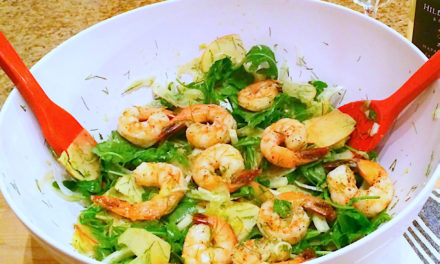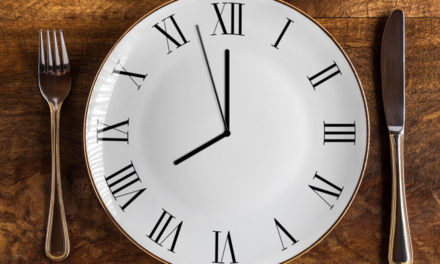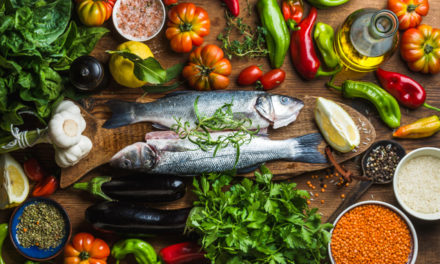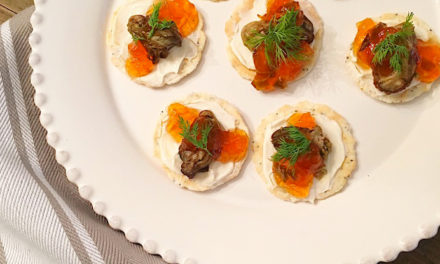Anna loved sweets, but she felt she shouldn’t be eating them. Still, she was unable to resist break room treats or desserts at social events. She’d eat one…go back for another…and another. Before long, gnawing, nagging feelings of guilt would emerge. She tried to find a way to compensate for what she’d eaten and would resolve to never let something like this happen again. Anna was stuck in a cycle of food guilt, and her story is just one example that represents the patterns and feelings of many on a daily basis.
The purpose of guilt is to teach right from wrong. Not surprisingly, we experience guilt when we’ve done something like breaking a law, committing an offense, or breaching a code of conduct. But in today’s world, messaging around food also sets us up for feeling guilty with descriptions of foods as “good or bad” and eating patterns as “right or wrong.” We’re left feeling unclear on our own food values and confused about whether eating clean, keto, low fat, or intermittent fasting is best. We end up establishing unrealistic and unattainable boundaries, rules, and expectations for ourselves, which only perpetuate guilt. Mistakenly, we begin to believe the more guilt we feel, the better we’ll eat.
Eating is not a moral issue, so unless the food is stolen or the money to purchase it is, there’s no place for guilt with eating. Anna knew she really liked sweets, and she wanted to be able to savor them and feel peace about her eating versus pay a penance. Recognizing she was inevitably going to eat them, she worked with a Registered Dietitian and took the following steps to ensure her favorite foods weren’t always served with a side of guilt.
Identify foods that trigger guilt.
Explore where your beliefs about food and guilt originate.
Ask: Is it time to change my expectations or let go of certain rules?
Food guilt arises when your behaviors don’t meet your own standards or expectations. From where do your standards stem? Are they based on what everyone else is doing? Or fear that without rules, you’ll lose control with eating? Something else? It may be time to question whether your rules are helpful, rational, valid, and worth following. Also, keep in mind that sometimes rules drive you to behave in ways you never would’ve without them.
Give yourself permission to eat the foods you love.
You have to eat…might as well enjoy!
Build trust in your body.
Some people hesitate to let go of food guilt, feeling like it’s the one thing keeping their food choices in check. If you experience uncertainty regarding what is best for your body, how much is enough, or the timing of eating, a Registered Dietitian can help you build trust from your own food experiences and self-regulation skills so you know when to say yes or no.
Be curious.
About how the food tastes. About how it feels in your body. About your judgments about the food. There’s no need to feel guilty about overeating or under-eating. It’s perfectly fine to reflect on eating experiences that went well and others you hoped would happen differently next time, but then it’s time to…
Let it go!
If you’re human, you likely have moments where you think, “Why did I eat all of that?” Look at the big picture that includes thousands of meals eaten throughout the course of life, muster up some self-compassion, and let regret pass rather than ruin your day.
Blair Mize, MS, RDN, CSSD, LDN is co-owner of Memphis Nutrition Group, anutrition & lifestyle counseling practice operated by registered & licensed dietitians/nutritionists. Memphis Nutrition Group believes in a non-diet approach that promotes overall health and optimal performance without compromising the enjoyment of food. For more information call Memphis Nutrition Group at 901.343.6146 or visit www.MemphisNutritionGroup.com.







